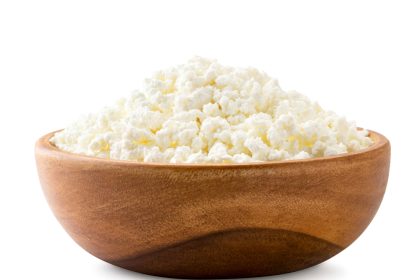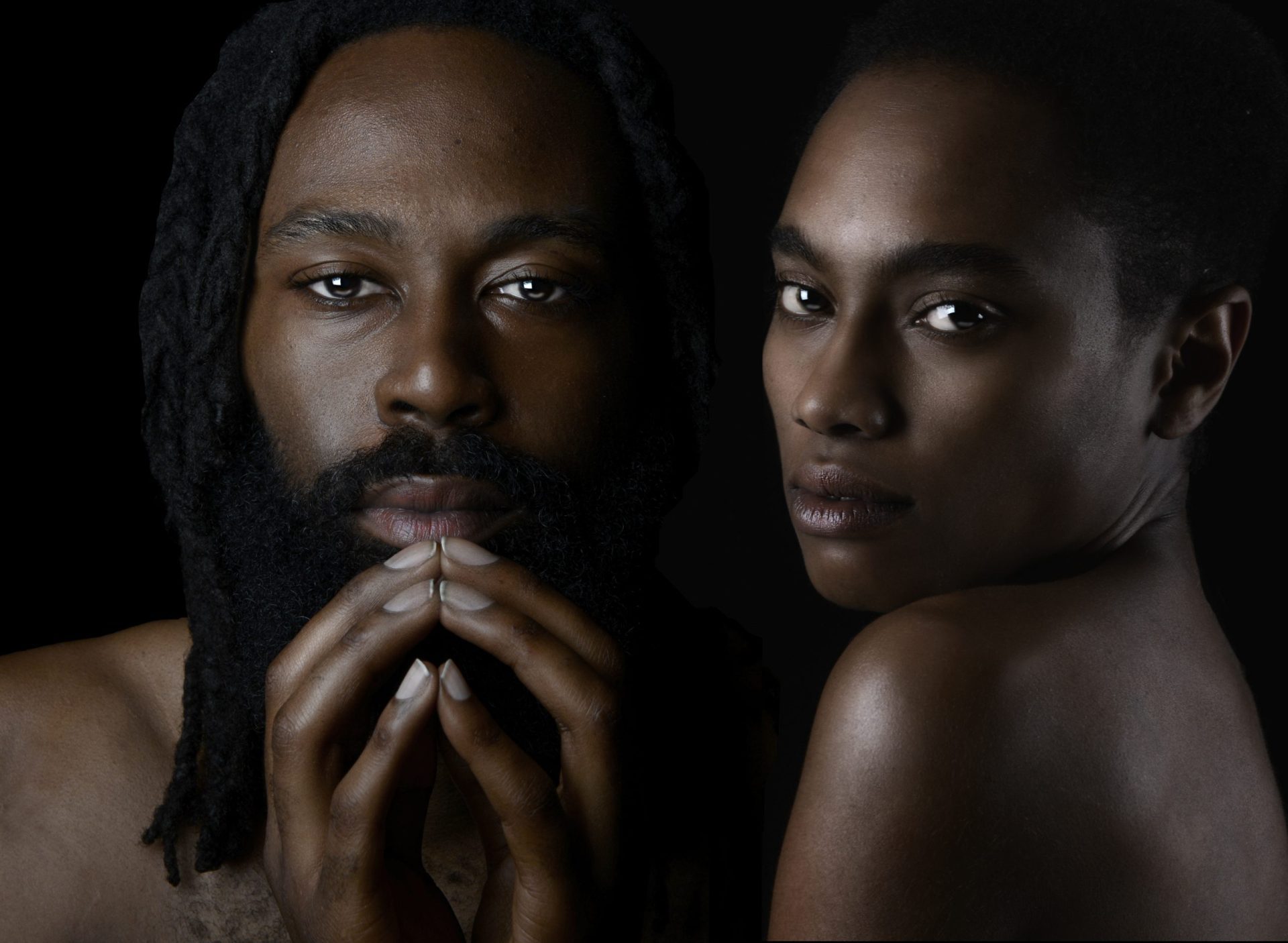
Dark-skinned African American women receive harsher prison sentences and longer prison stays than their light-skinned counterparts, according to a university study, further corroborating the traditional belief that darker-hued blacks have to navigate through harsher obstacles in American life.
Titled “The Impact of Light Skin on Prison Time for Black Female Offenders,” by Jill Viglione, Lance Hannon and Robert DeFina, Villanova University researchers in Philadelphia studied a sampling of the 12,158 imprisoned black females in North Carolina from 1995 through 2009. The findings, which appeared in the Social Science Journal, indicate that lighter-skinned female prisoners are sentenced to approximately 12 percent less time behind bars than dark-skinned inmates. The results also show that having light skin reduces the actual time served by about 11 percent.
The study will confirm for many in the African American community that, overall, an individual’s proximity to Caucasians in appearance translates into undeserved and unspoken cultural benefits in America — and the Western world for that matter.
The scientists also investigated other possibly relevant prisoner variables. These include correctional officer assessment of whether the women were “thin” upon incarceration, criminal background, the number of convictions at sentencing, conviction for robbery or homicide, misconducts during incarceration and conviction date.
Some recent research, besides the Villanova study, has documented the quantifiable advantages associated with having a lighter skin shade, particularly in terms of occupational attainment and earnings among blacks. A handful of studies focusing on black men also have suggested that, when authorities perceive offenders as having a lighter skin shade, it translates into more lenient criminal-justice outcomes.
Skin-tone research within our community always has seemed to disclose how light-skinned blacks benefit and dark-skinned African Americans have to not only struggle with societal prejudices but with negative stereotypes and deeply-impacting psychological wounds as well.












